Jan
11,
2019
おもてなし Omotenashi
There are 5 levels of services and they are;
Omotenashi
Hospitality
Service
Manner
Moral
This will be the subject of my next newsletter.
If you are interested in reading my newsletter, please subscribed at
http://www.uchikura.co
Jan
10,
2019
オンラインで日本語を勉強してみませんか?
Easy Japanese: https://www.nhk.or.jp/lesson/
Jan
10,
2019
Increasing Japanese Yen Value
Jan
9,
2019
I am traveling to Tokyo next week.
There are so many choices.
By the way, I am trying to cut down on salt intake ... Doing that in Japan is next to impossible.
Jan
6,
2019
Tokyo Station Line Art is Complete
It took over 4 days from the start to finish ... My longest project so far.
Jan
4,
2019
Latest Drawing
Can you tell where this is?
This is a famous land mark in Japan.
Jan
3,
2019
Can you answer any of those?
I missed two of them. Let me know how you did.
https://tripeditor.com/343506
Jan
3,
2019
Japanese Style Roast Beef
It is a very poplar dish nowadays. I like it.
When you have change, try it. You will like it too.
http://www.japanese-online.com
Jan
2,
2019
Akihabara 秋葉原
Also, Akiba is the birth place of Otaku オタク, Maid Coffee House メイドカフェ and AKB 48.
×
- If you are a bloguru member, please login.
Login - If you are not a bloguru member, you may request a free account here:
Request Account

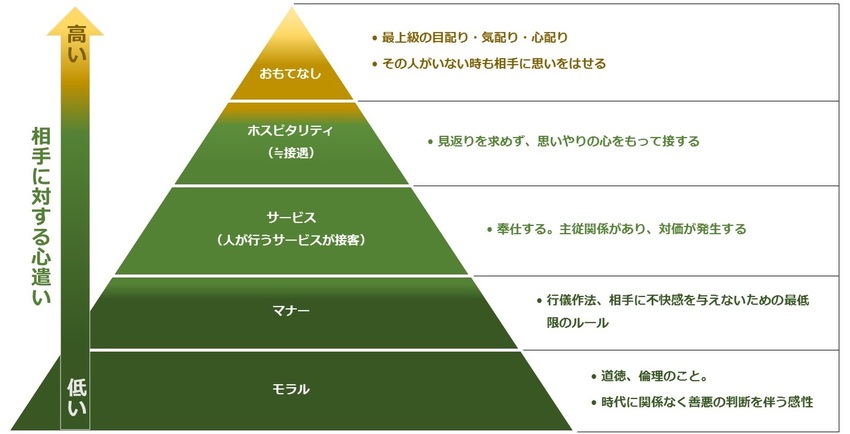
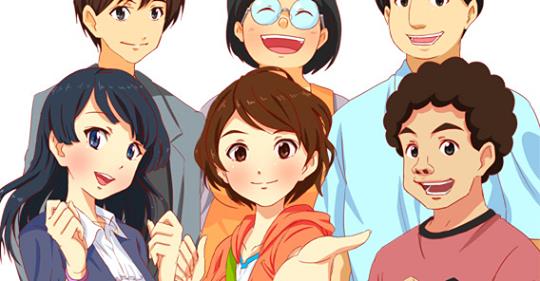
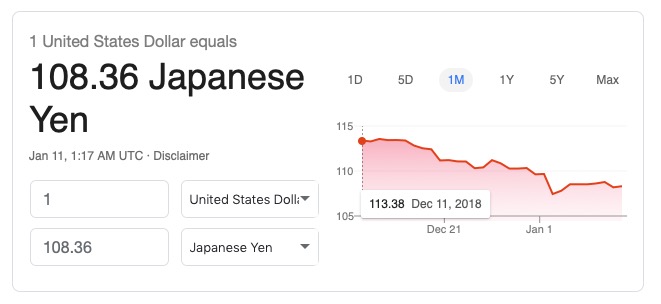
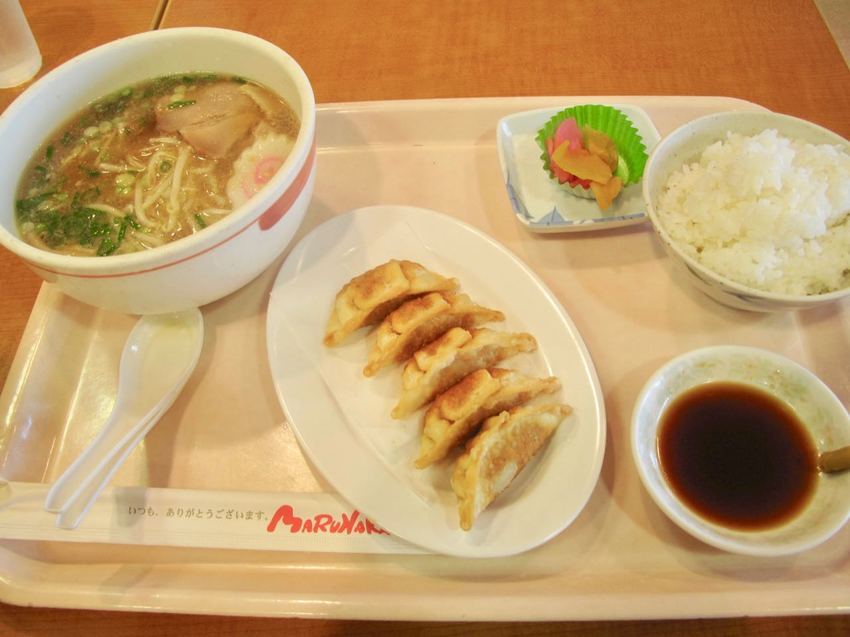
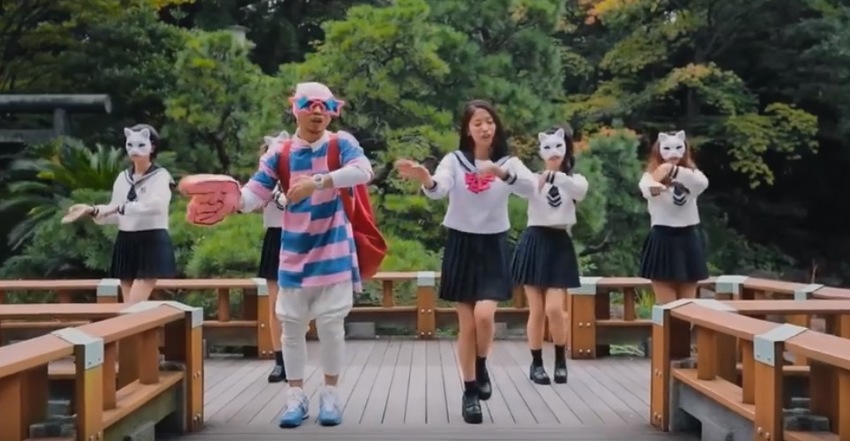



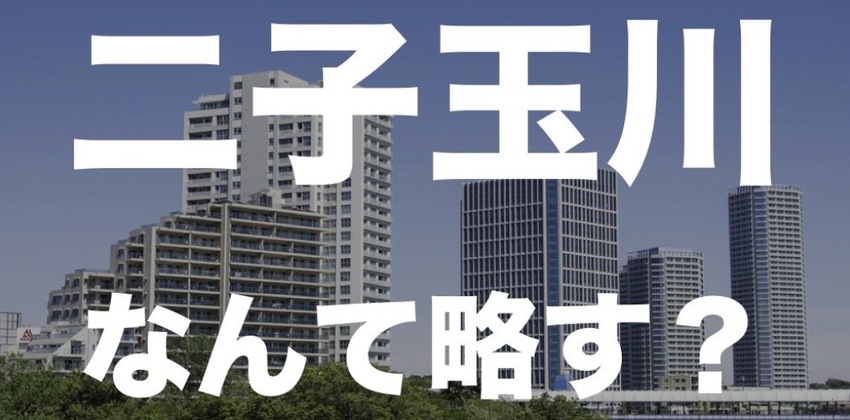
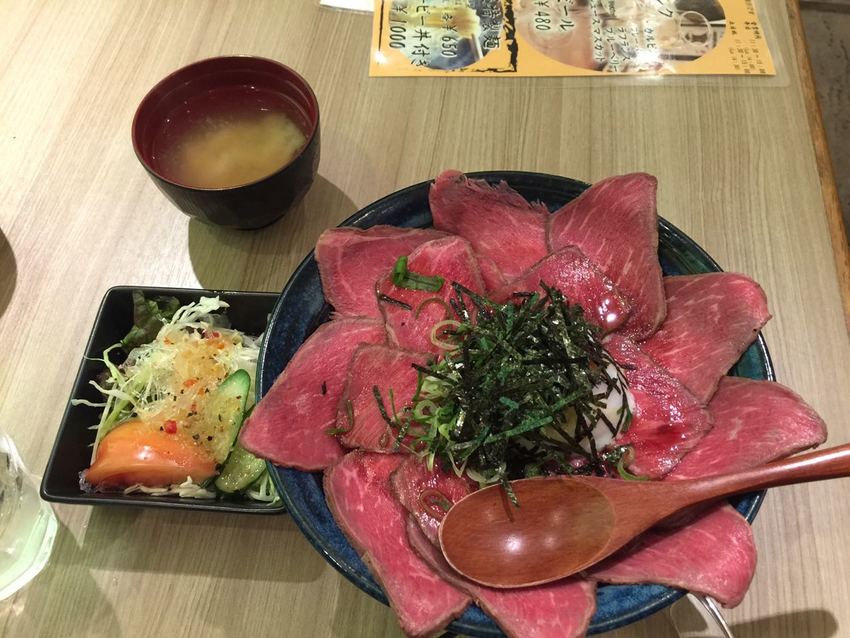
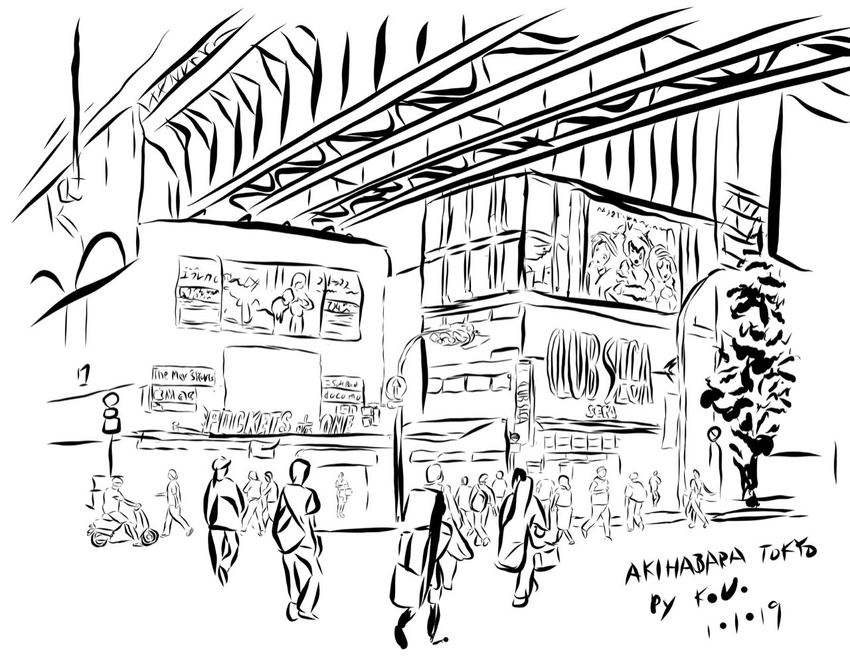
No Latest Comments